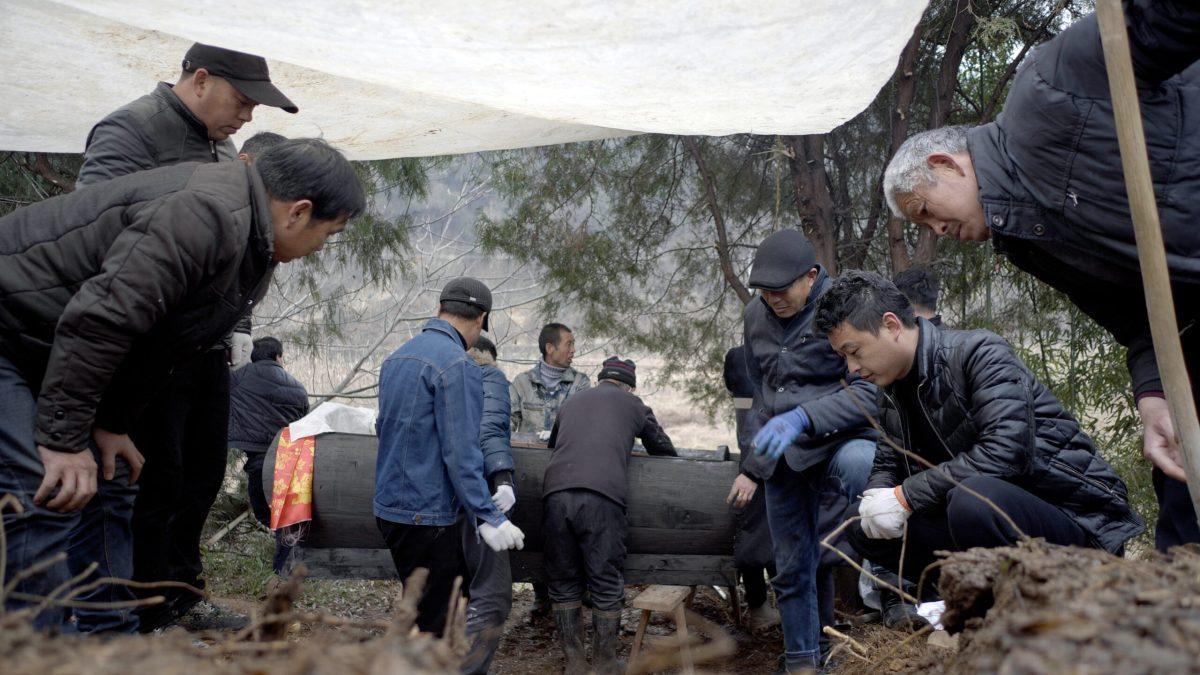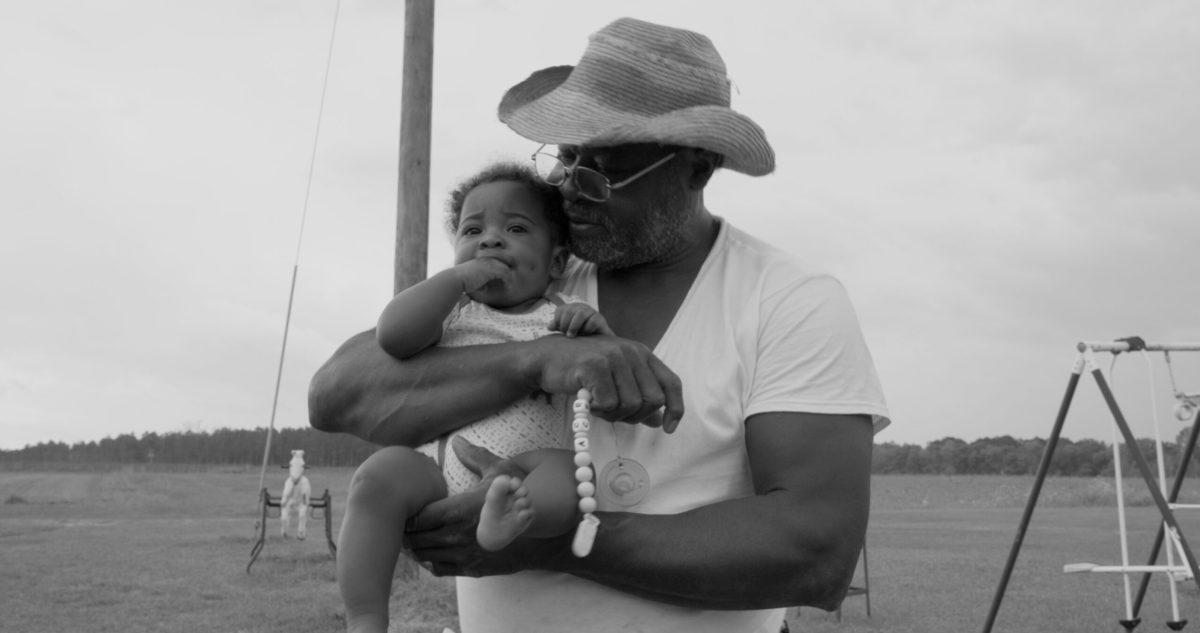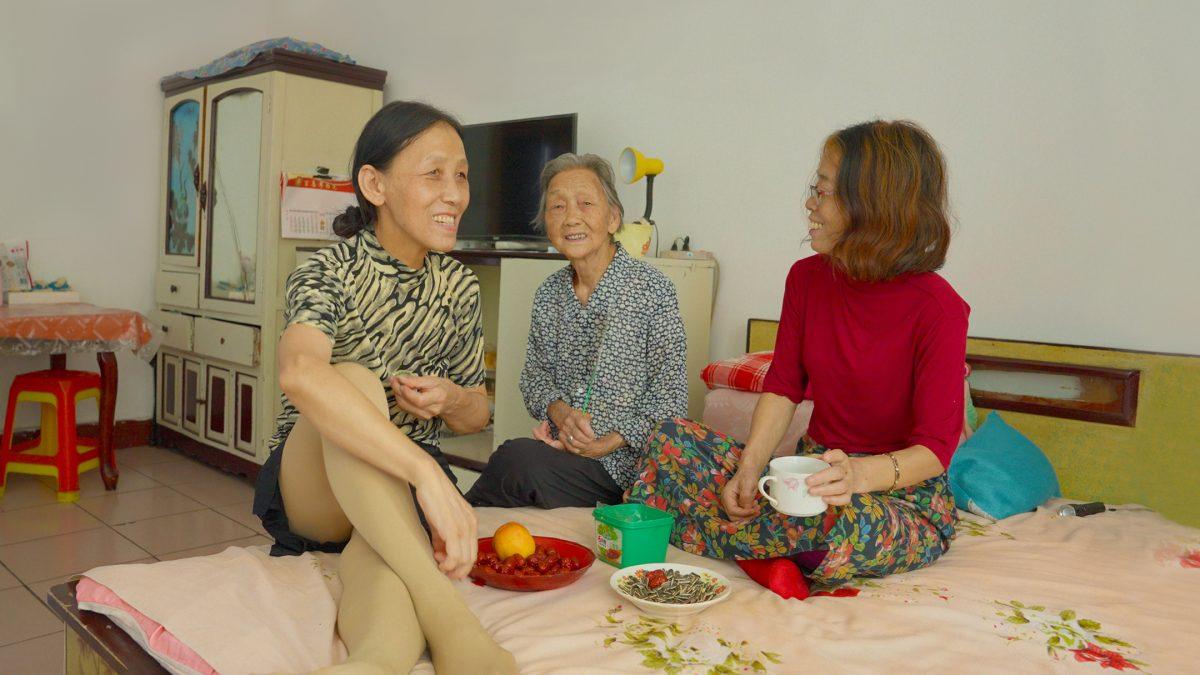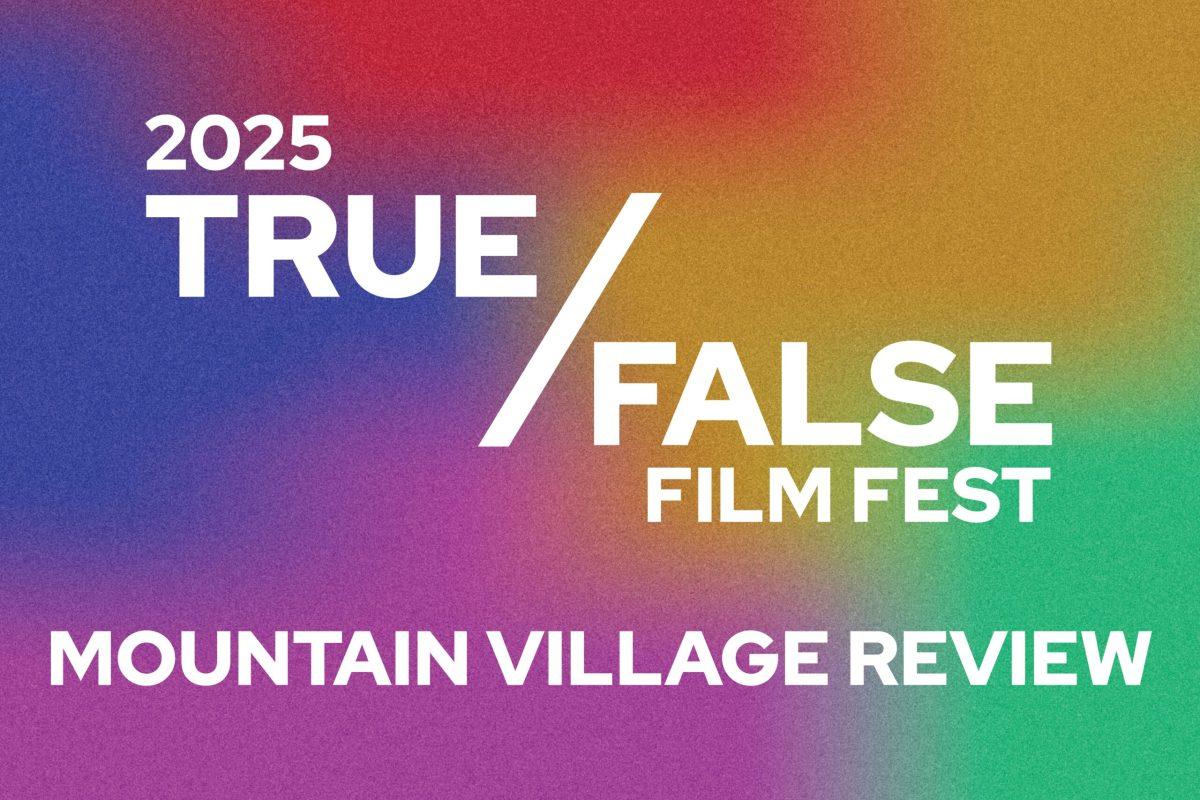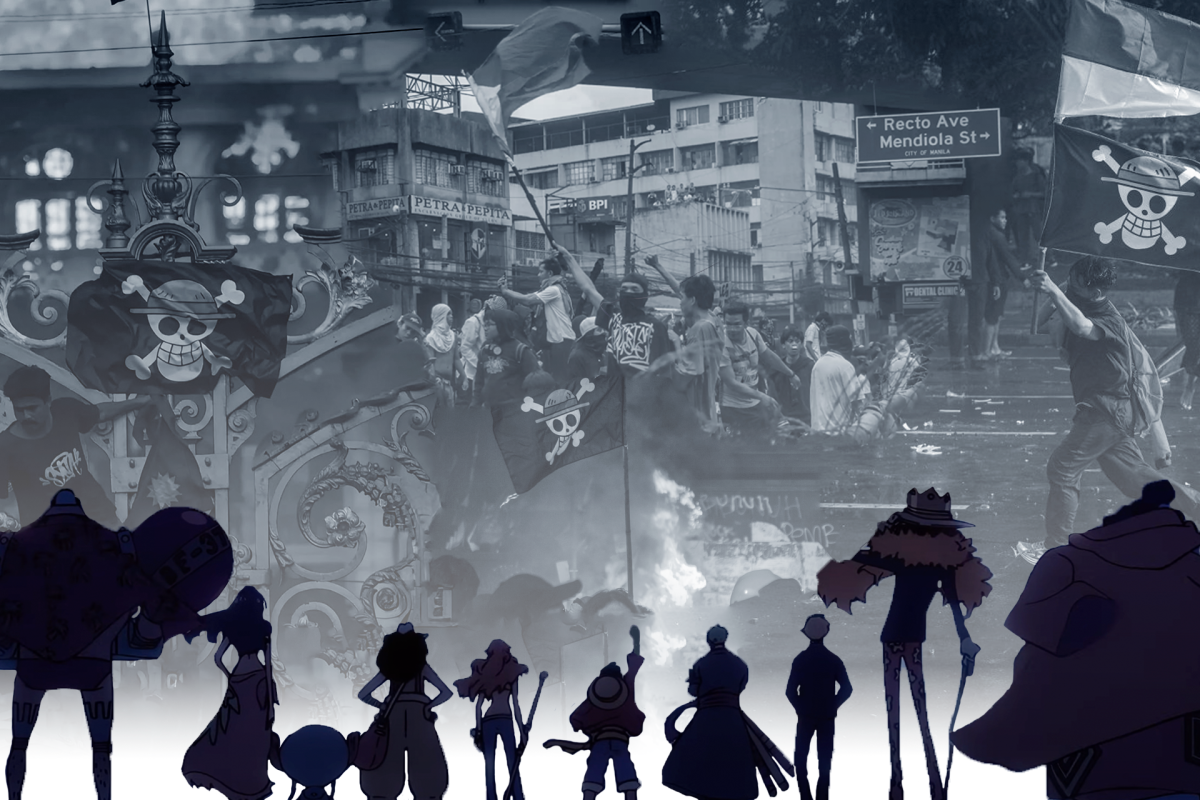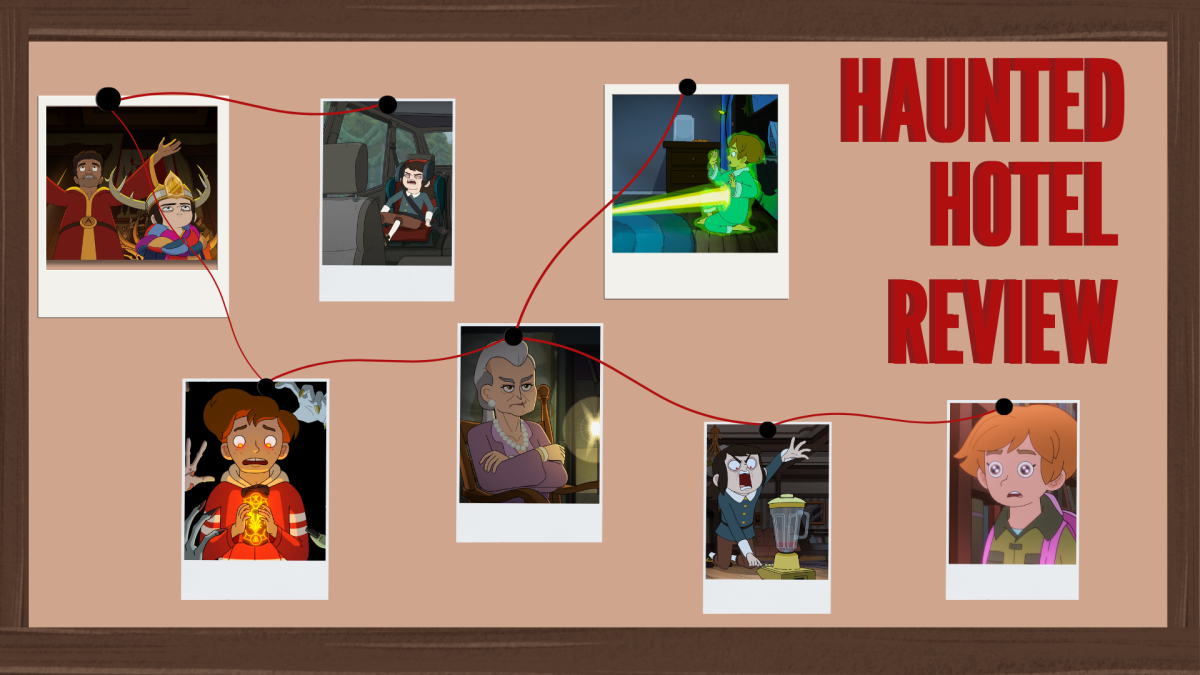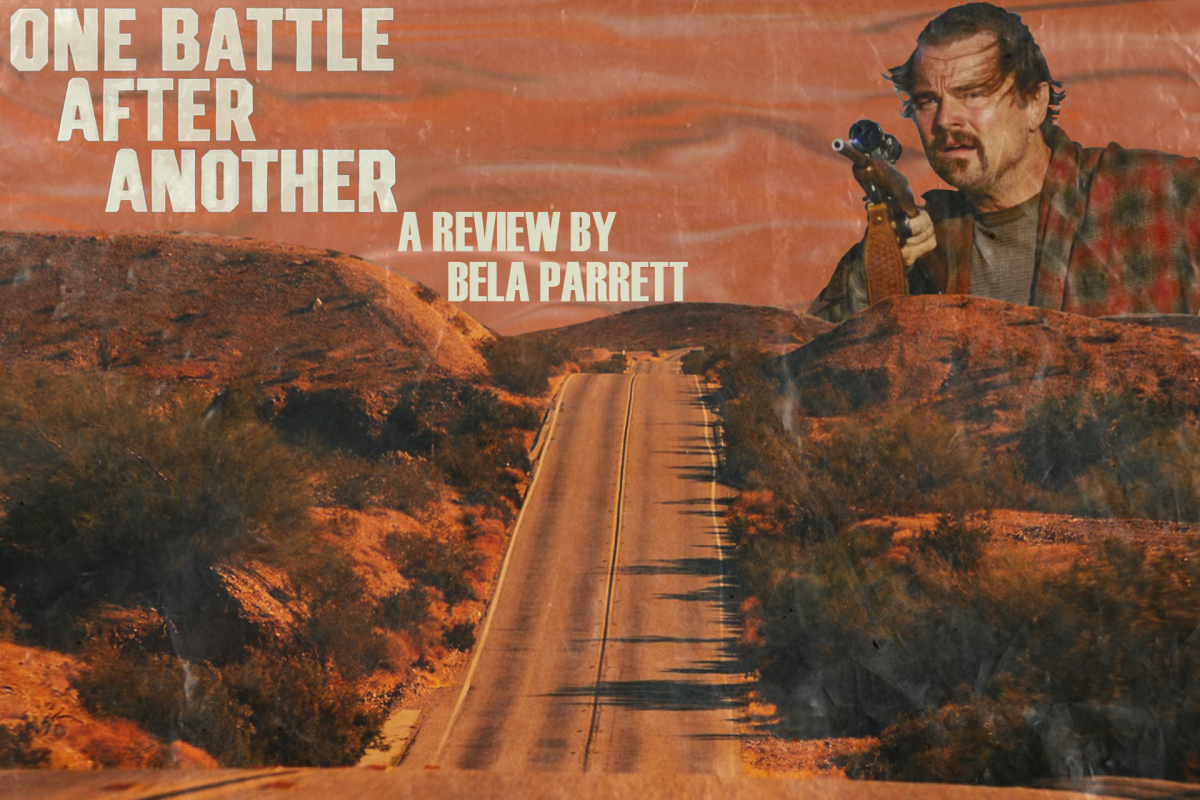The True/False Film Fest 2025 True Vision Award Winner Hu Sanshou premiered his new documentary film on Friday
In the Shaanxi province in China, filmmaker Hu Sanshou crafted “Resurrection,” a film that focuses on honoring and connecting with the village he grew up in. To Sanshou, his village was a mystery. His desire to solve the mystery of the village’s past and bring it back into the limelight provoked him to make this film.
“Resurrection” begins by showing the audience that the Chinese government released a plan for a highway expansion and tunnel to be built in the Shaanxi province.
Due to the new tunnel and highway expansion, the Chinese government is forcing families to move the bodies of their relatives from burial grounds and possibly even move out of their houses.
With no choice but to accept the ruling put in place, families across Sanshou’s hometown must now work quickly to exhume the bodies — which are already far along in the decaying process — and place them in coffins for preservation.
This ruling not only affects the village’s past but also its future. The increasing environmental impact of the construction is causing many younger generations to abandon the village, leaving no one to preserve the history or future of this pocket of the Shaanxi province.
Sanshou emphasizes minimalist aesthetics in simple shots such as the completely still landscape shown throughout the first 10 minutes of the film. He used these shots to let the story speak for itself instead of distracting the audience with overcomplicated camerawork. The audience spends a lot of time in “Resurrection” with the deceased, who are being exhumed.
“Resurrection” takes a unique approach by highlighting the dead’s lives by interviewing family members and other people within the village about who the people were. Whether the portrayals were kind or mean, the words said always seemed honest and heartfelt. Sanshou splits the screen and shows two images of the dead’s life. On one side of the screen, an oil painting develops the facial features of the deceased while the words spoken by family and friends roll on the other side.
“Resurrection” truly uncovers topics and scenes that are uncomfortable in a very brave way. Working on a project like “Resurrection” not only takes time, but extreme dedication. Every body uncovered and every life touched is another story that flows through the complex dynamic of this film and helps the audience reflect on what life is like in Sanshou’s village.
Through this film, Sanshou said he hopes to encourage others to make films inspired by their lives and the people around them, especially regarding topics that may otherwise go unrecognized. In the Q&A held after the Friday afternoon showing of “Resurrection,” Sanshou emphasized creativity as a key to the film. Sanshou said he wants the idea of making a difference through creative work to inspire others just as it inspired him. While the title of this film is “Resurrection,” Sanshou felt it was more of a rebirth. He said he now feels he can see not only his past through the work done in this film but his future as well.
Sanshou was honored by True/False Film Fest with the True Vision Award, for his work in nonfiction filmmaking displaying grief and collective memory in visual language.
You can keep up with The Maneater’s 2025 True/False Film Fest coverage here.
Edited by Ainsley Bryson | [email protected]
Copy edited by Natalie Kientzy | [email protected]
Edited by Emilia Hansen | [email protected]
Edited by Annie Goodykoontz | [email protected]


